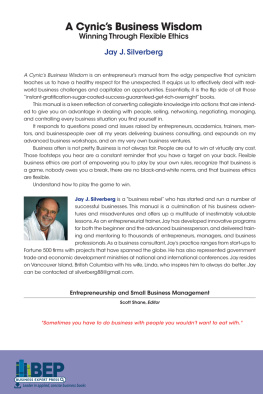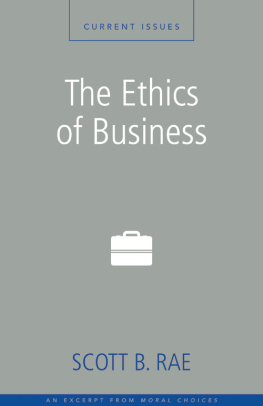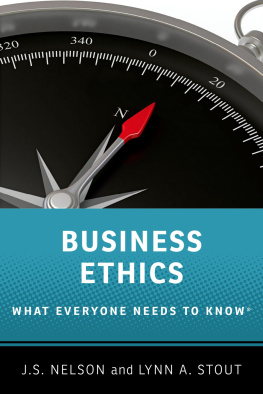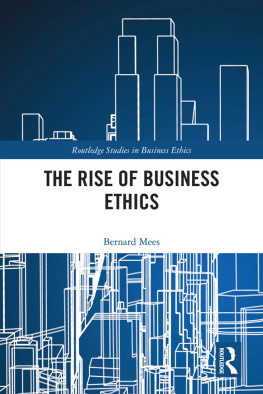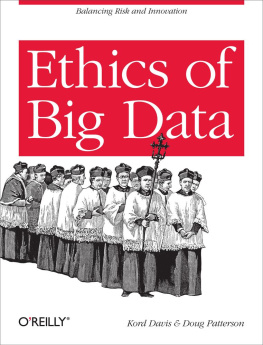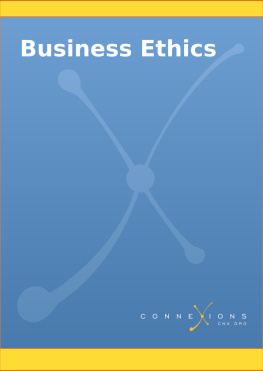Cover
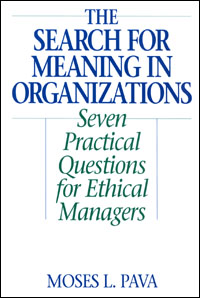
| title | : | The Search for Meaning in Organizations : Seven Practical Questions for Ethical Managers |
| author | : | Pava, Moses L. |
| publisher | : | Greenwood Publishing Group |
| isbn10 | asin | : | 1567202012 |
| print isbn13 | : | 9781567202014 |
| ebook isbn13 | : | 9780585383835 |
| language | : | English |
| subject | Business ethics, Corporations--Moral and ethical aspects, Corporations--Religious aspects, Social responsibility of business. |
| publication date | : | 1999 |
| lcc | : | HF5387.P385 1999eb |
| ddc | : | 174/.4 |
| subject | : | Business ethics, Corporations--Moral and ethical aspects, Corporations--Religious aspects, Social responsibility of business. |
Page i
The Search for Meaning in Organizations
Page ii
This page intentionally left blank.
Page iii
The Search for Meaning in Organizations
Seven Practical Questions for Ethical Managers
MOSES L. PAVA
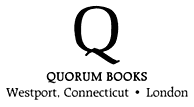
Page iv
Library of Congress Cataloging-in-Publication Data
Pava, Moses L.
The search for meaning in organizations : seven practical
questions for ethical managers / Moses L. Pava.
p. cm.
Includes bibliographical references and index.
ISBN 1567202012 (alk. paper)
1. Business ethics. 2. CorporationsMoral and ethical aspects.
3. CorporationsReligious aspects. 4. Social responsibility of
business. I. Title.
HF5387.P385 1999
174.4dc21 9910407
British Library Cataloguing in Publication Data is available.
Copyright 1999 by Moses L. Pava
All rights reserved. No portion of this book may be reproduced, by any process or technique, without the express written consent of the publisher.
Library of Congress Catalog Card Number: 9910407
ISBN: 1567202012
First published in 1999
Quorum Books, 88 Post Road West, Westport, CT 06881
An imprint of Greenwood Publishing Group, Inc.
www.quorumbooks.com
Printed in the United States of America

The paper used in this book complies with the Permanent Paper Standard issued by the National Information Standards Organization (Z39.481984).
10 9 8 7 6 5 4 3 2 1
Copyright Acknowledgments
The author and publisher are grateful for permission to reproduce portions of the following copyrighted material:
Badaracco, Joseph L., Jr. 1997. Defining Moments: When Managers Must Choose Between Right and Right. Boston: Harvard Business School Press. Reprinted with permission.
McCoy, Bowen. September/October 1983. The Parable of the Sadhu. Harvard Business Review, Vol. 61. Reprinted in Peter Madsen and Jay M. Shafritz, eds., Essentials of Business Ethics. New York: Penguin Books, 1990, pp. 190200. Reprinted with permission.
Walton, Clarence. 1967. Corporate Social Responsibilities. Belmont, CA: Wadsworth. Copyright 1967. Reprinted with permission.
Page v
To my children,
Rebecca, Jonah, and Micah
Page vi
This page intentionally left blank.
Page vii
Contents
Acknowledgments | ix |
1. Introduction | |
2. What Is Business Ethics, Anyway? | |
3. How Do Ethical Decisions Happen? | |
4. How Fair Is Fair? | |
5. Do Corporate Outputs Satisfy Human Needs? | |
6. Is There a Role for Religion in Business? | |
7. Can Business Ethics Be Measured? | |
8. Do Meaning-Based Organizations Really Exist? | |
Works Cited | |
Index | |
Page viii
This page intentionally left blank.
Page ix
Acknowledgments
Although this book is a deeply personal statement, it is also a product of the numerous communities of which I am a member. Without the help and encouragement of my colleagues, friends, and family members, this work would not have been possible.
First, I would like to thank the administration, faculty, and students at Yeshiva University, a truly great, meaning-based organization. I am grateful to Dr. Harold Nierenberg, Dean of the Sy Syms School of Business, for creating and sustaining an environment conducive to seeing this project through to its conclusion. His understanding and assistance have gone beyond the call of duty. In addition, I thank the President of Yeshiva University, Dr. Norman Lamm, and the Vice President of Academic Affairs (recently retired), Dr. William Schwartz, for their continued support and unstinting encouragement. I thank my colleagues here at the Syms School, especially Drs. Joel Hochman, Joshua Krausz, and Marty Lebowitz. One way or another, each of these three people has contributed greatly to the finished product. I have also benefited much from the many students I have had the pleasure of teaching. I would like to formally thank two: Joseph Weilgus and Yosef Levine. Both of them volunteered numerous hours in helping me to prepare this manuscript.
Page x
In addition, I would like to thank Patrick Primeaux and Jeremy Pava. Both of them have spent numerous hours discussing many of the issues raised here. I know they dont agree with all of my conclusions, but their input and feedback are greatly appreciated.
This book grew out of a paper I delivered in honor of Dr. Clarence Walton at American College during the spring of 1997. Both the original paper and this book are attempts to capture and extend his vision of business ethics, what he called the artistic model. I am truly thankful for all of the help Dr. Walton has generously bestowed upon me over the last number of years.
Most importantly, I thank my helpmate, my soulmate, my best friend, my strongest critic, and my wife, Vivian Newman. My relationship with Vivian informs, strengthens, and gives meaning to everything that I do.
Finally, this book is dedicated to my children: Rebecca, Jonah, and Micah. Their curiosity, intelligence, love, sincerity, and passion for life light up our lives (and keep us busy) as we never could have imagined.
Page xi
The Search for Meaning in Organizations
Page xii
This page intentionally left blank.
Page 1
1
Introduction
If business ethics conjures up an image of an ever-growing and more inventive list of thou shalts and thou shalt nots, it is because the business ethics movement has often been misunderstood. Business ethics is not about constraints; it is about purpose and human potential. The core idea upon which this book is built is that the power and success of business are ultimately dependent on managers beliefs about lifes meanings. It is no exaggeration to suggest that corporate success is set in motion and encouraged by a set of core ethical values shared by managers, employees, and other stakeholders.
Next page

